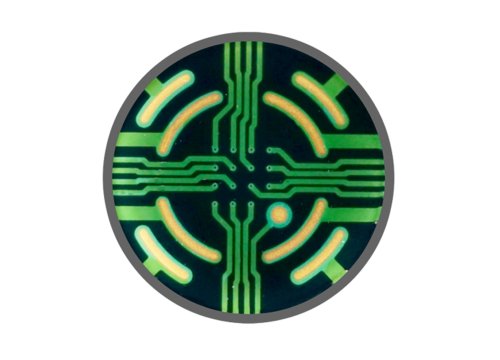Authors: Sanghvi S, Szteyn K, Ponnalagu D, Sridharan D, Lam A, Hansra I, Chaudhury A, Majumdar U, Kohut AR, Gururaja Rao S, Khan M, Garg V, and Singh H.
Cell Death Discovery, 07 April 2022
Inhibition of BKCa (calcium and potassium channels) protect rodent neonatal CMs from ischemic reperfusion injury
Large-conductance calcium and voltage-activated potassium channels (BKCa channels) are expressed in a wide range of cells and play a key role in numerous physiological functions. Research has shown that activation of cardiomyocyte mitochondrial BKCa channels is associated with cardio protection against ischemia-reperfusion injury in adults, but the role and function of plasma membrane BKCa channels in neonates are unknown. In this study, scientists use neonatal mouse and rat cardiomyocytes, as well as human-induced pluripotent stem cell-derived cardiomyocytes (hiPSC-CMs), to explore the role of BKCa channels during early development.
To explore electrophysiology in the neonatal cardiomyocytes in vitro, the scientists used Axion’s noninvasive Maestro Edge multielectrode array (MEA) platform and measured local extracellular action potential (LEAP). The overall findings demonstrated, possibly for the first time, the presence of BKCa channels in the plasma membrane of the cardiomyocytes isolated from mouse and rat hearts and in hiPSC-CMs. The researchers also showed that inhibition of BKCa channels is cardioprotective against myocardial ischemia and reperfusion injury in neonatal hearts. The authors suggest that these findings may help guide cardiac treatment selection in pediatric populations in the future, specifically noting the results may help explain why medications designed to treat adults with dilated cardiomyopathy are not as effective in children.


